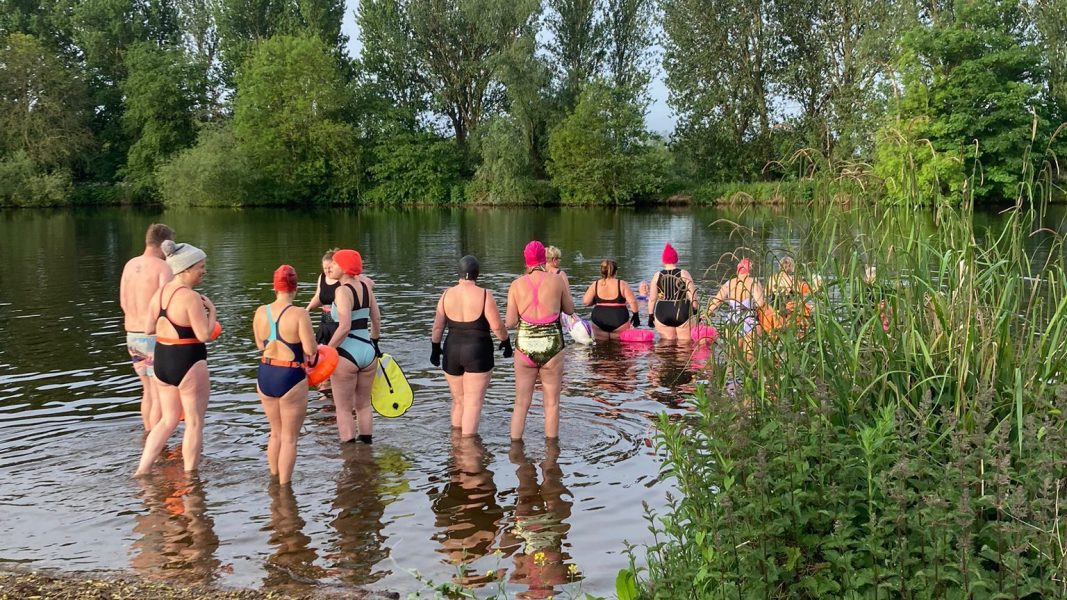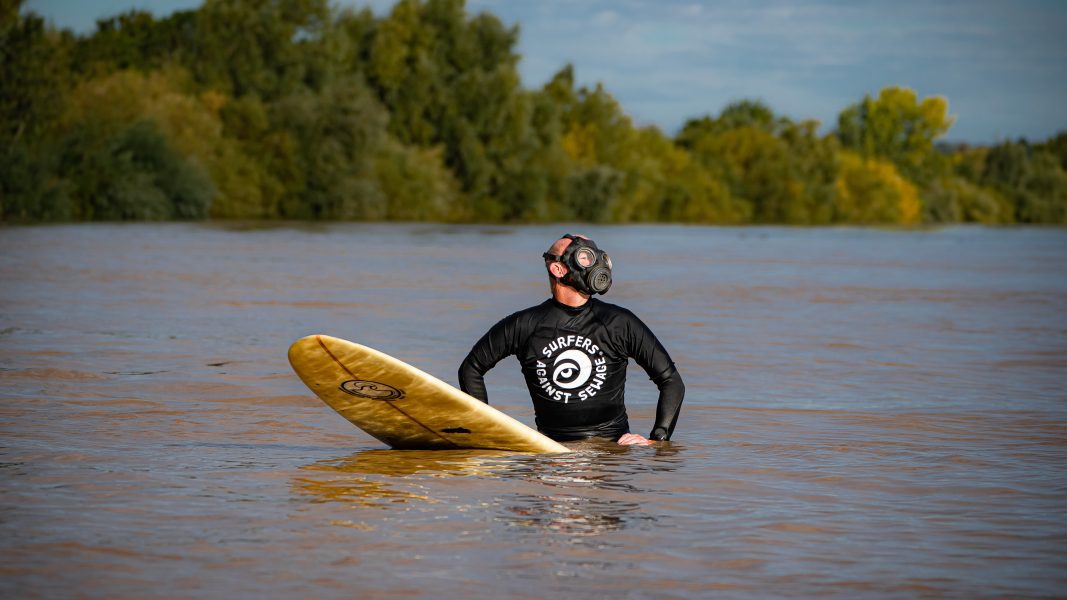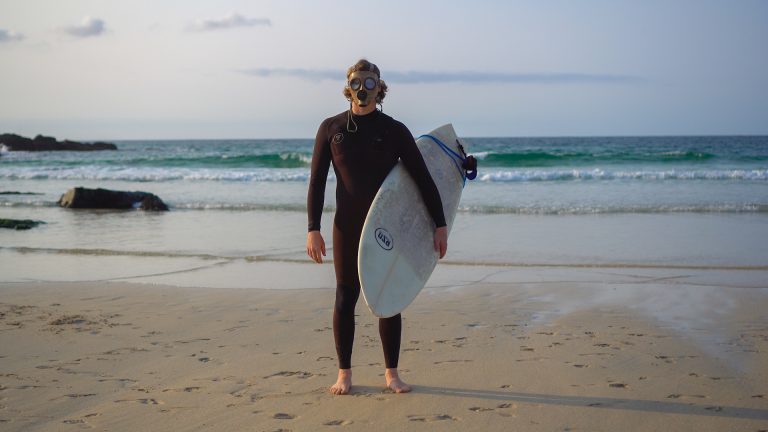Sewage pollution: facts & figures
-
389,000
discharges of raw sewage into UK waterways in 2022 alone
-
75%
of UK rivers pose a serious risk to human health
-
39%
reports of sickness after bathing linked with a sewage discharge in the area
Water quality in numbers
- 62 serious pollution incidents were reported by UK water and sewage companies in 2021 – the highest number since 2013. (Environment Agency, 2021)
- The environmental performance of the UK’s water and sewage companies fell to the lowest level on record in 2021. (Environment Agency, 2021))
- Sewage was dumped into designated bathing water over 5,000 times during the 2022 bathing season (15th May – 30th September) (SAS Water Quality Report)
- 9,216 sewage pollution discharge notifications were issued between October 2021 and September 2022 (SAS Water Quality Report)
- Just 7 out of 10 of the UK’s bathing beaches are rated as excellent – meaning nearly a third need improvement. (Bathing water classifications 2021, Department for Environment Food & Rural Affairs)
- 14% of the UK’s rivers are considered to be in good ecological health, and every single one of them fails to meet required chemical standards. (The Rivers Trust, 2021)
- In the 2021/22 financial year, water companies paid out a total of £965 million in shareholder dividends (SAS Water Quality Report)
- Water company CEO’s took home an eyewatering £16.5 million in the 2021/22 financial year (SAS Water Quality Report)
The health of the ocean and rivers has never been worse. Polluted waters represent a major threat to our health, the welfare of our wildlife, and the long-term future of our ecosystems. We believe it is a human right to expect to be able to swim, surf, paddle and bathe in safety without getting sick. And if you care about the UK’s natural environment, it’s time to take a stand and demand a cleaner, fresher future for our waterways.
Our waterways are polluted by a chemical cocktail of sewage, agricultural run off and contaminants from roads, urban developments and landfill. One of the main source of sewage pollution is through Sewer Overflows which include Combined Sewage Overflows (CSOs) and pumping stations. Water companies are legally allowed to discharge untreated wastewater through sewer overflows during periods of heavy rain, but we’ve found they are being used on an alarmingly routine basis. We found evidence of 143 cases where sewage had been discharged into designated bathing waters between October 2021 and September 2022.
The UK’s antiquated, outdated sewerage system is in a terrible state. It cannot cope with the combined problems of increasing population, urbanisation and climate change. In 2022 there were over 389,000 discharges of untreated sewage into UK rivers, totalling over 2.4 million hours of pollution. The UK is consistently ranked as one of the worst countries in Europe for water quality.
Appallingly, the UK’s water users are as likely to become ill from seawater as they were in the 1990s, with conditions ranging from sore throats and upset stomachs to serious illnesses like gastroenteritis, hepatitis and E. coli. According to the European Centre for Environment and Human Health, people who swim or bodyboard in UK waters regularly are three times more likely to have antibiotic resistant E. coli in their guts.
Want to know how clean your local beach really is? Check our interactive water quality map or download our Safer Seas & Rivers Service app to receive real-time information to keep you safe.
Write to your MP to demand action to #EndSewagePollution.
Report a pollution incident.







